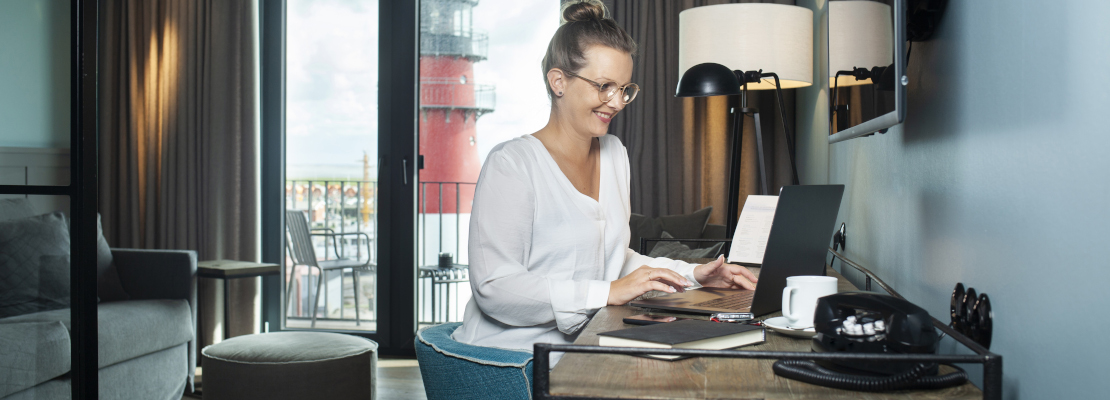As more people are getting vaccinated to protect themselves from the COVID-19 coronavirus, they are increasingly boarding boats, planes, trains, and automobiles for recreational and business trips that had been deferred for the past year of the pandemic. Often when we travel, our digital devices, such as phones and laptops, are our trusted companions, and we should be aware that they need to be safeguarded from threats ranging from theft to online hacking. Before hitting the road, the skies, or the water, here are a few simple and easy precautions to protect your devices.
Practice physical security for your devices while on vacation or business trips
When not actively using them, try to keep your computer and cell phone close to you. If you are out and about, but not using your phone or laptop, keep them close. Many people like to leave their cell phone on a table while eating or working in a public space so they can monitor calls and messages. A better habit is too keep the phone in a pocket physically close to you. Keeping your laptop bag under a table with its carrying strap looped around one ankle and the bag next to your foot is both easy and an effective deterrent from someone attempting to slide your computer carrying bag away from you. Another option is to loop the bag's shoulder strap across the back of your chair and sit against it while having the bag sit next to the side of your chair.
Lock up your laptop with a security cable, and in a hotel room keep your devices out of sight. Whether it's a personal computer or one for work, you should never travel without a locking security cable in your laptop's carrying case. These cables are simple, inexpensive anti-theft devices that have a plug on one end that locks into a security port on the side of most laptops, and then the cable is looped around a fixed bar, ring, or some other unmovable part of a piece of furniture such as desk or table. The cable can then be unlocked with a passcode or key. Some cables now also have motion sensor alarms that trigger when the laptop is moved. Cables are not a guarantee against theft, since a bolt cutter or heavy wire cutter can snip through the cable, but they are much better than leaving your computer both unattended and unsecured.
When not use, your phone and computer can go back into luggage, drawers, closets or under the bed. “Out of sight, out of mind” is useful to remember when considering potential hotel thieves. Putting a locking cable on your laptop and hiding it are both worth doing to lessen its availability as a theft target.
Keep a record of your personal laptop product details for insurance and law enforcement. You company has a record of your work computer. But do you have important ownership details of your personal computer? When you first purchase your laptop, it is a useful to take note of the manufacturer, model number, model name, serial number or registration number, which are extremely helpful if you have to report a theft of the machine to the police and your insurer. An easy way to capture most of these product details is to take a photo of the laptop information that is often fixed to the outside of the laptop bottom cover. Be certain not to store the only copies of the photos on the same laptop that you're documenting its details.
Delta Community has some more suggestions about your online security and how it might be enhanced
Below are some of our blog and security posts on managing online personal security:



